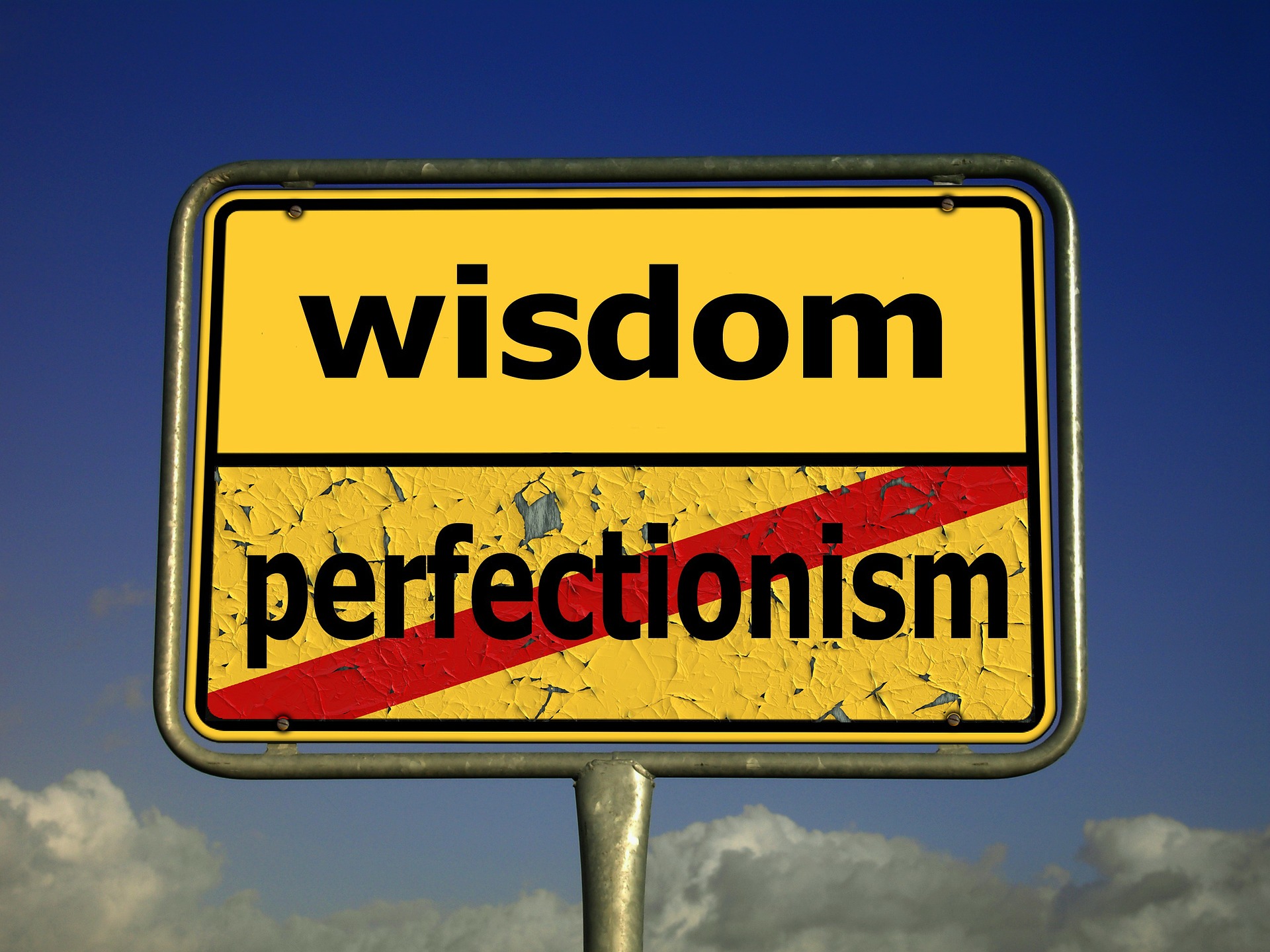
6 Simple and Effective Counseling Techniques to Curb Your Self-Defeating Perfectionism in 2021
6 Simple and Effective Techniques to Curb Your Self-Defeating Perfectionism in 2021 The pursuit of perfection is the road to unhappiness. Has anyone ever told you that you were a perfectionist? Perfectionism is a barrier to sound mental health and stands in the way of you developing sound wellness and wellbeing. But, have you ever tried to stop your perfectionism? People are...Learn More
4 Steps to Enhancing Immune Health During Pandemic
At this point, we are all aware that mask wearing, hand washing and social distancing help to protect us against contracting and spreading the Covid 19 virus.1 Taking this a step further, let’s ask ourselves: “What else can I do to prevent a viral infection? Does my diet and lifestyle really matter? The answer is YES!!! The foundations of a healthy immune system start with a healthy diet and...Learn More
How to Praise Your Child, Raising Healthy Resilient Kids!
by Counseling and Wellness Center of PittsburghNovember 23, 2020 children mental health, wellness for kids0 comments
How to Praise Your Child
Kids are constantly begging for attention from parents. How you respond to their accomplishments and their success has a big impact on their emotional development and self esteem. Praising children through verbal encouragement and recognition can be one of the most effective approaches to teaching your child to develop good habits. It is one of the best tools you...Learn More
Clinical Herbalist Pittsburgh
by Counseling and Wellness Center of PittsburghOctober 1, 2020 clinical herabalist, clinical herbalist pittsburgh0 comments
Annie Fox Derek (She/Her/They/Them) is a clinical herbalist, animist, and folk healer. They have over 10 years of experience studying plants, first completing a BS in Plant Biology, followed by 4 years of study in clinical herbalism with Ola Obasi at the Well of Indigenous Wisdom School. Since then, they have trained with herbalists and folk healers from around the world, and devoted...Learn More
Sleep hygiene: 8 Steps to Better Rest by Pittsburgh Pennsylvania Mental Health Experts
by Counseling and Wellness Center of PittsburghJune 15, 2020 hypersomnia, insomnia, sleep disorder, sleep hygiene0 comments
Sleep hygiene is a science formulated to help people overcome disrupted rest by removing any barriers that a person might be unknowingly creating that prevent against deep and complete rest. According to the American Sleep foundation, 47% of Americans report poor quality sleep has affected their daily performance in the last month. As mental health counselors know, there is a significant...Learn More
Sexual Wellness and ‘Self Care’
by Counseling and Wellness Center of PittsburghMay 21, 2020 self care month, sex therapist, sexual wellness, Uncategorized0 comments
May is Self Care Month! In honor of that, let’s explore a form of self care that might not be the first thing you think of when you think about wellness. When the oxygen masks drop on the plane you always put on your own before helping someone else. This is self-care. The actions you take to keep all dimensions of your own health (physical, emotional, social, spiritual, mental) as strong...Learn More
